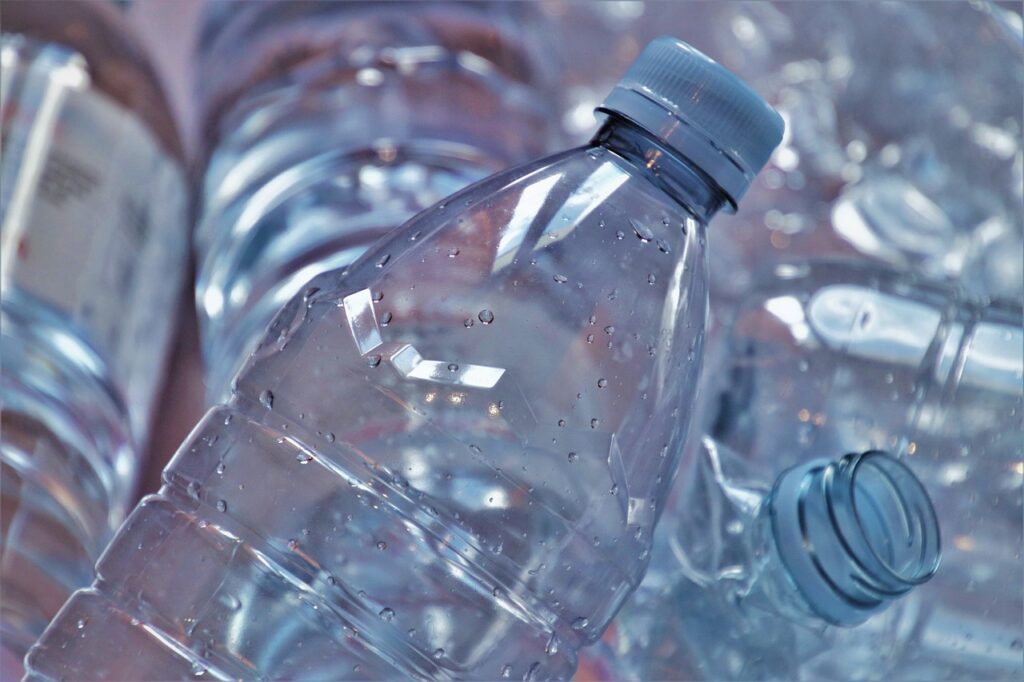Introduction:
Single-use plastic, as the name suggests, refers to plastic items that are designed for a one-time use and then discarded. These ubiquitous items, such as plastic bags, straws, bottles, and food containers, have become an integral part of modern life due to their convenience. However, the extensive use of single-use plastic has led to severe environmental concerns. This article delves into the definition of single-use plastic and explores the reasons why it poses a significant threat to the environment. To combat this menace, we will also introduce an eco-friendly alternative – reusable bags, commonly known as gbags.
Single-Use Plastic: A Brief Overview
Single-use plastic products are made from petroleum-based materials, like polyethylene and polystyrene. These items serve various purposes, from packaging and transportation to providing convenience in our daily lives. Their lightweight nature, affordability, and durability made them immensely popular, but it is precisely these characteristics that contribute to their environmental impact.

The Environmental Concerns:
1. Non-Biodegradability: One of the most significant concerns with single-use plastic is that it does not biodegrade naturally. Instead, it breaks down into smaller microplastic particles over hundreds of years. These microplastics persist in the environment, posing risks to wildlife and ecosystems.
2. Marine Pollution: Improper disposal and inadequate waste management lead to significant amounts of single-use plastic finding its way into the oceans. As a result, marine ecosystems suffer from pollution, endangering marine life. Marine animals often mistake plastic debris for food, leading to ingestion, suffocation, and entanglement.
3. Landfill Overflow: Single-use plastic contributes substantially to the growing issue of overflowing landfills. These landfills release harmful chemicals and greenhouse gases, exacerbating climate change and polluting the air, soil, and water.
4. Plastic Recycling Challenges: Although recycling is promoted as a solution to plastic waste, single-use plastic presents unique challenges. Many items, like plastic bags and straws, are not easily recyclable due to their composition and contamination issues, leading to low recycling rates.
5. Fossil Fuel Consumption: The production of single-use plastic relies heavily on fossil fuels, contributing to carbon emissions and climate change. The extraction and processing of petroleum for plastic production further deplete finite natural resources.
Gbags: An Eco-Friendly Solution:
The detrimental effects of single-use plastic on the environment call for immediate action. The solution lies in embracing reusable bags, known as gbags, as a sustainable alternative.
1. Reducing Plastic Waste: By choosing gbags over single-use plastic bags, individuals can significantly reduce their contribution to plastic waste. A single gbag can replace hundreds of disposable bags over its lifetime, making a remarkable difference in reducing plastic pollution.
2. Minimizing Marine Pollution: Gbags play a crucial role in curbing marine pollution. As fewer plastic bags are used and discarded, the likelihood of them ending up in the oceans and harming marine life decreases significantly.
3. Promoting Sustainable Practices: Gbags serve as a visible reminder of the importance of sustainable practices in our daily lives. By adopting gbags, individuals send a strong message to businesses and policymakers about their commitment to protecting the environment.
4. Economic Benefits: While some reusable bags may have a slightly higher upfront cost, their long lifespan ensures cost savings in the long run. Additionally, many retailers offer discounts or incentives to customers who bring their own bags, making gbags a financially attractive option.
5. Encouraging Corporate Responsibility: Consumer demand for gbags can drive corporations to adopt sustainable practices, such as using biodegradable or eco-friendly packaging. As more companies respond to this demand, the overall impact of single-use plastic can be significantly reduced.
Conclusion:
The prevalence of single-use plastic poses grave threats to the environment, contributing to pollution, climate change, and endangering marine life. To combat this growing menace, individuals must take a proactive step in embracing reusable bags, or gbags, as a simple yet impactful solution. By making this conscious shift in our consumption patterns, we can collectively reduce plastic waste, protect our oceans, and foster a more sustainable and eco-friendly future for generations to come. The time to act is now, and through the widespread adoption of gbags, we can pave the way for a cleaner and greener planet.
